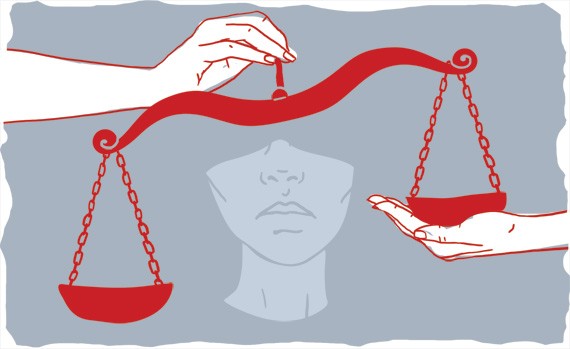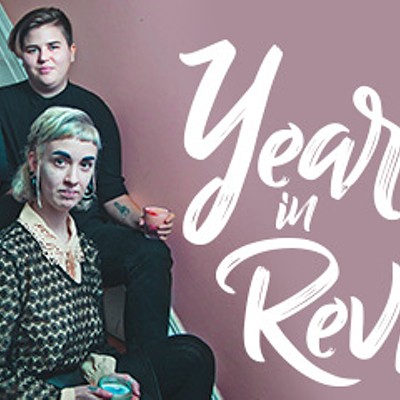"Minimums are set federally and the minimum sentence for sexual assault against a person 16 years old or younger is only one year," says Karen Power-Machan. The minimum sentence for causing lifelong trauma to a child, often by a person in a position of trust and known to the victim, is less than armed robbery or the possession of a firearm. "How can a victim feel safe?"
Nova Scotia and New Brunswick have the country's highest rates of sexual assault against boys, and high rates of occurrence against females. Most cases go unreported and less than 25 percent result in charges.
Power-Machan, herself a sexual abuse survivor, is just beginning to embark upon sexual assault activism and education in Nova Scotia after coming across a disturbing story in The Chronicle-Herald.
"When I read the article, I just became outraged," she says. Earlier this month, a man who pled guilty to sexually assaulting his girlfriend's daughter was sentenced to five years. Both the accused and the victim's mother abused the girl from age 11 to 16 on a near-daily basis. They shamed her such that it took her 11 years to come forward. The mother will be sentenced next month. Under a publication ban, the names of those involved and court details have not been released.
Just this week, a Lower Sackville man was sentenced to one year in a provincial jail after being found guilty for sexually assaulting two girls, age nine and 10. Power-Machan believes the lack of media coverage on assaults like these, and the legal outcomes of such cases, is symptomatic of rape culture.
So Power-Machan set to work on contacting MLAs and the Department of Justice to pressure the government to do more. She's had some success so far. MLA Diana Whalen provided info on new campaigns and John Joyce Robinson, director of Victim Services, has promised to connect her to other activists and organizations for her cause. But the task still feels overwhelming.
"If you talk to friends and acquaintances, it seems like almost everyone has some kind of story linked to sexual abuse, something that happened to them as a child or adult, and they were too afraid to come forward, or they knew nothing was going to happen or they wouldn't be believed," she says. "The more you read or hear these stories, the more you realize, wow, somebody really has to do something."
Elaine Craig, Dalhousie Law School professor in sexual assault, agrees. Even recent campaigns for inquiries into violence against aboriginal women in Canada have been dismissed by the Harper government as individual crimes. But Craig and others argue that sexual violence is a social problem.
"When sentences for sexual assault are less than armed robbery, what does that tell us about how our legal system perceives the harm of sexual violence?" Craig asks. "Social indicators show that we don't take sexual harm seriously enough. It's not just issues of sexism or women's sexuality but rather the broad social dysfunction we have around sex. How do we create healthy family and social dynamics?"
While Power-Machan would like to see minimum sentences for sexual crimes addressed with more attention both at the social and political levels, Craig says education is crucial, as well. Abusers are often victims of abuse, and the government could be doing more to support recovery and stop recurrence.
"A campaign directed towards teaching kids about consent," Craig offers. "Or how to improve support for victims. The rates of sexual abuse don't get better in state custody. And this is all a function of the way in which we talk about, understand and teach issues of sexuality and norms around consent."
















